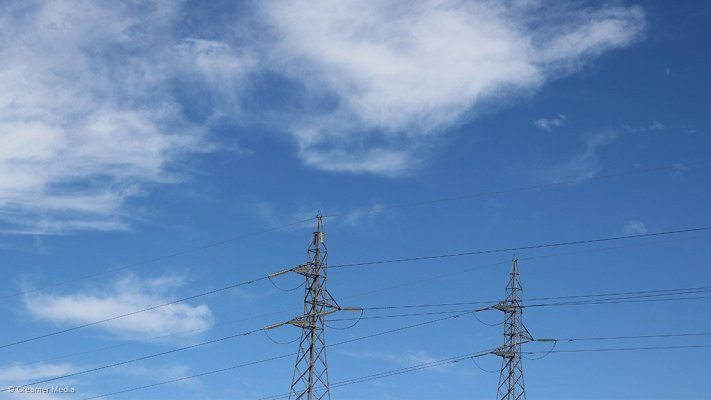South Africa has been advised to increase funding towards the procurement of its 9600MW nuclear project get cheaper electricity.
According to Nikolay Drosdov, Rosatom’s director of international business who spoke on the sidelines of the Nuclear Africa conference, the proportion between investment and loans largely depend on the cost of electricity.
Plans to set boost nuclear energy production in South Africa are at ripe stage with South Africa’s nuclear regulatory body, NNR in an earlier statement saying it had received two Nuclear Installation Site License applications from the country’s power supplier Eskom. An Environment Impact Assessment (EIA) carried out by Eskom identified Thyspunt in the Eastern Cape and Duynefontein in the Western Cape as potential sites to add on the already existing Koeberg nuclear plant
The South African government has been undertaking a year long process of signing up intergovernmental agreements with vendor counties in regard to safety and peaceful use of nuclear energy. This process has brought together parties from both the public and private sector on consultation and advisory platforms as well as direct investment into this project. The Department of Energy is expected to release its Request for Proposal by end of March.
Drosdov says the government will adopt the Engineering, Procurement and Construction (EPC) procurement model to help accelerate the program. This program will be patronized by Eskom or a newly form company. A vendor country will be selected through a competitive and transparent procedure during the bidding process.
Drosdov further added that the nuclear energy industry has a number of financial investment arrangements that the government can choose from so as to attract money from the market. There has been heated debate by economics experts on the value added to the economy with the localization of nuclear energy production.
Drosdov however says this will depend on the level of local commitment and participation in the procurement process. He says if there happens to be zero-rate local participation, they will have to source from alternative sources however cautioning that this will not make economic efficiency. He said they are trying to integrate local capacity with global partners so as to cut costs and enhance exchange of knowledge and skills.

